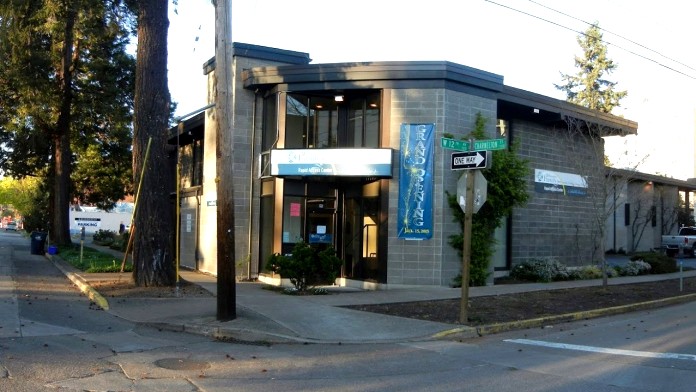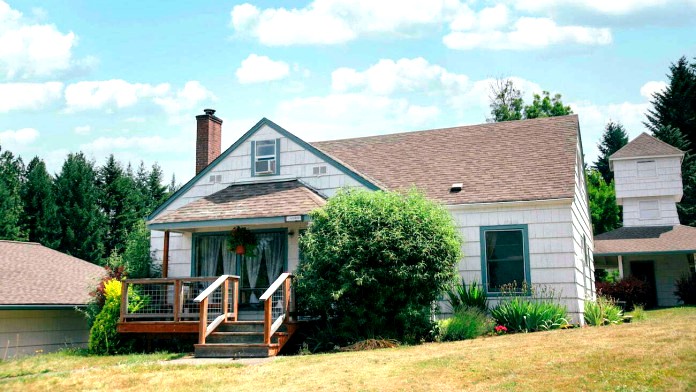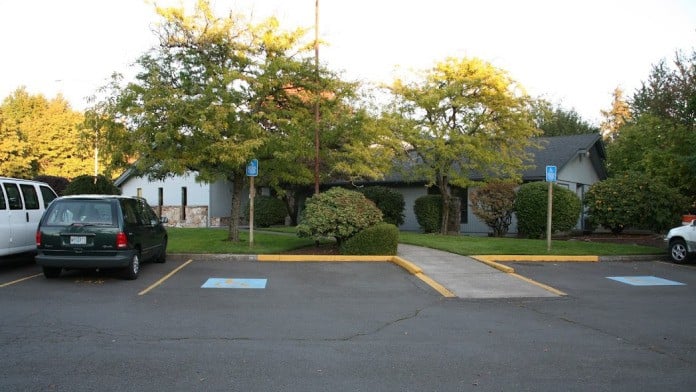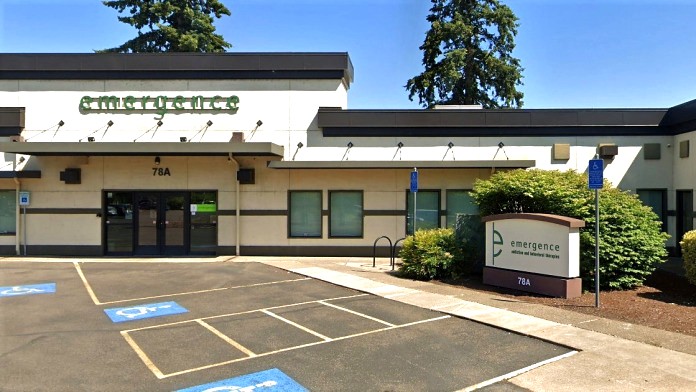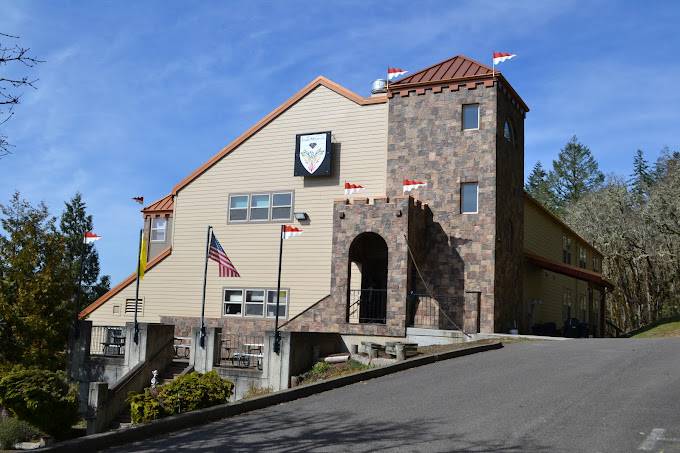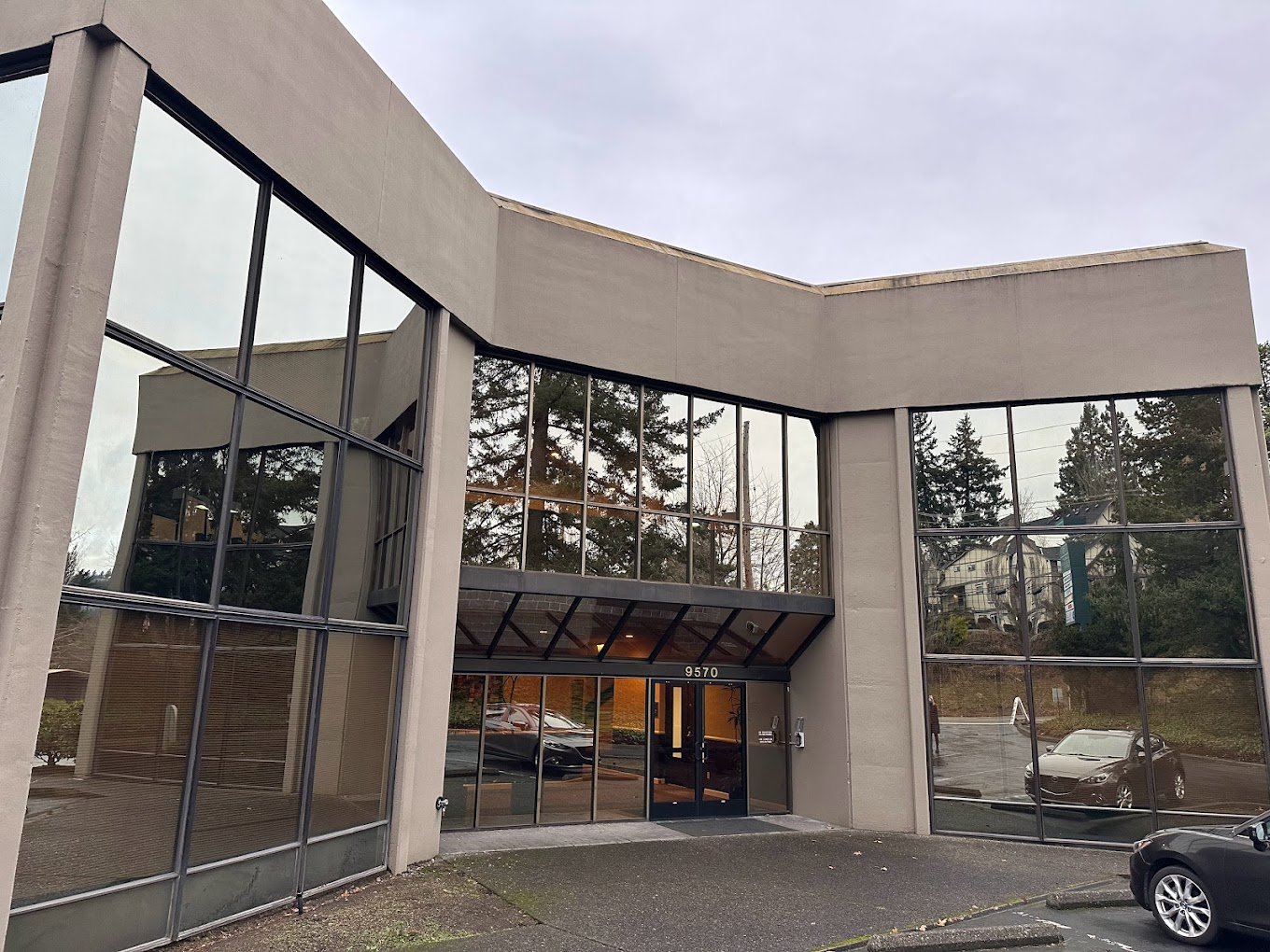About Exodus Behavioral Health Services
Latest Reviews
Rehab Score
Other Forms of Payment
Medicaid is a state based program that helps lower-income individuals and families pay for healthcare. Medicaid covers addiction treatment so those enrolled can use their coverage to pay for rehab. When a program accepts Medicaid the client often pays very little or nothing out of their own pocket.
Addiction Treatments
Levels of Care
Clients who wish to remain in their homes while in recovery may elect to enroll in an outpatient rehab, many of which offer evening, night, and weekend services to accommodate clients' schedules. Most outpatient facilities provide multiple levels of care to align with clients' evolving needs, including partial hospitalization (PHP) and intensive outpatient (IOP) for clients who require robust support and supervision. Addiction counseling and recovery-focused life skills training are the most common treatment modalities.
Treatments
Alcoholism is characterized by tolerance to alcohol and withdrawal symptoms if drinking suddenly ceases. To overcome alcohol addiction, some people may require intensive alcohol rehab in Oregon. This treatment is highly structured and typically includes medical detox, behavioral therapies, and 12-step programs. Support systems are crucial during and after rehab, so involvement in support groups typically continues after rehab treatment is complete.
Drug rehab in Oregon offers a full continuum of care for those struggling with addiction. From detox, to inpatient, to outpatient, to aftercare, Oregon residents can find the support they need for recovery. This treatment empowers individuals to replace drug use with positive alternatives and develop a healthier lifestyle.
In Oregon, dual-diagnosis addiction treatment programs provide integrated care for individuals with co-occurring substance use disorders and mental health conditions. Specialized programs include outpatient, inpatient, and partial hospitalization options. Using a combination of individual and group therapy, psychoeducation, and skills training, a team of clinical addiction and mental health experts can treat the underlying causes of your addiction and improve your mental health.
Programs
Adult rehab programs include therapies tailored to each client's specific needs, goals, and recovery progress. They are tailored to the specific challenges adult clients may face, including family and work pressures and commitments. From inpatient and residential treatment to various levels of outpatient services, there are many options available. Some facilities also help adults work through co-occurring conditions, like anxiety, that can accompany addiction.
Clinical Services
Individualized therapy is personalized sessions to address your drug and alcohol addiction treatment. Your therapist seeks to understand your background and addiction triggers so they can collaborate with you to create a customized plan. In this plan, you set realistic goals, address underlying mental and emotional issues, and develop effective coping strategies.
Group therapy sessions build community among participants. This community spirit creates strong bonds that support your path to recovery. The group setting offers you the opportunity to share experiences and goals in a judgment free environment.
During family therapy sessions, each member learns to rebuild trust and strengthen the relationships that have been negatively affected by addiction. Family therapists use guided interventions to help members improve their communication skills and interactions, as well as address underlying issues within the family. This helps to create a supportive atmosphere for everyone.
Cognitive behavioral therapy (CBT) in Oregon is a short term talk therapy method used to treat mental and behavioral disorders. Based on client needs, the therapist may recommend five to 20 sessions. Typically, this form of therapy requires fewer sessions than many other types of treatment.
The six main elements of dialectical behavior therapy are designed to help you develop skills for recovery. These are related to: 1. Accepting your circumstances 2. Learning new skills 3. Receiving support 4. Learning positive behavioral responses 5. Changing negative thought patterns 6. Building collaboration skills.
Contact Information
5105 Main St, Springfield, OR 97478
